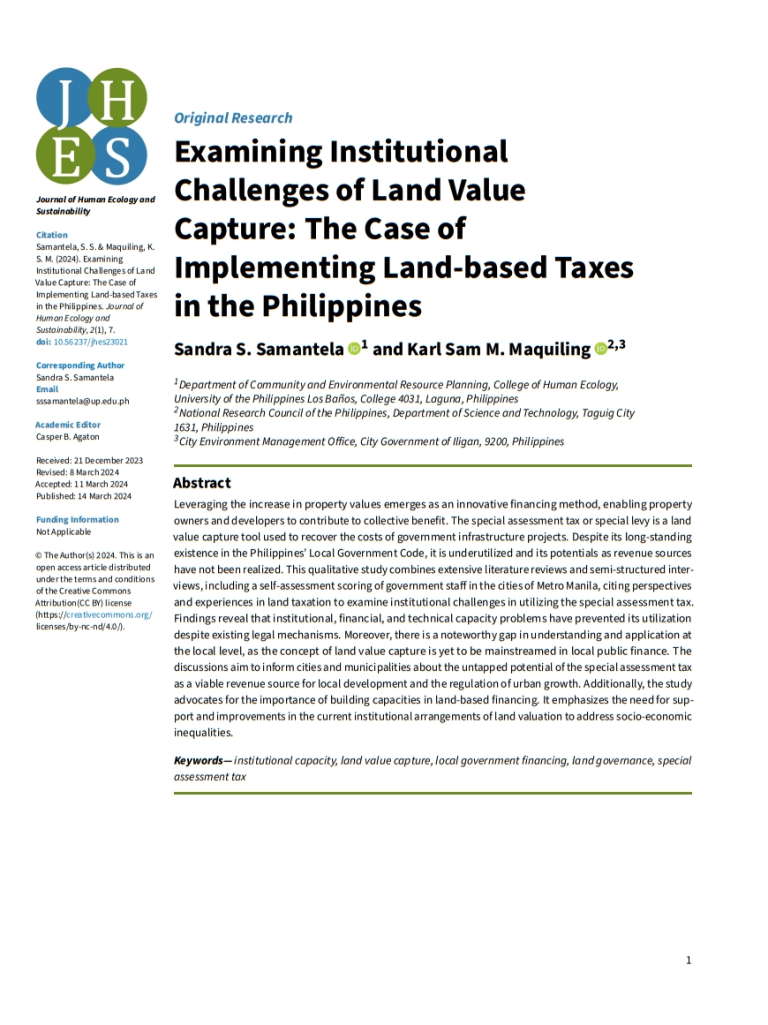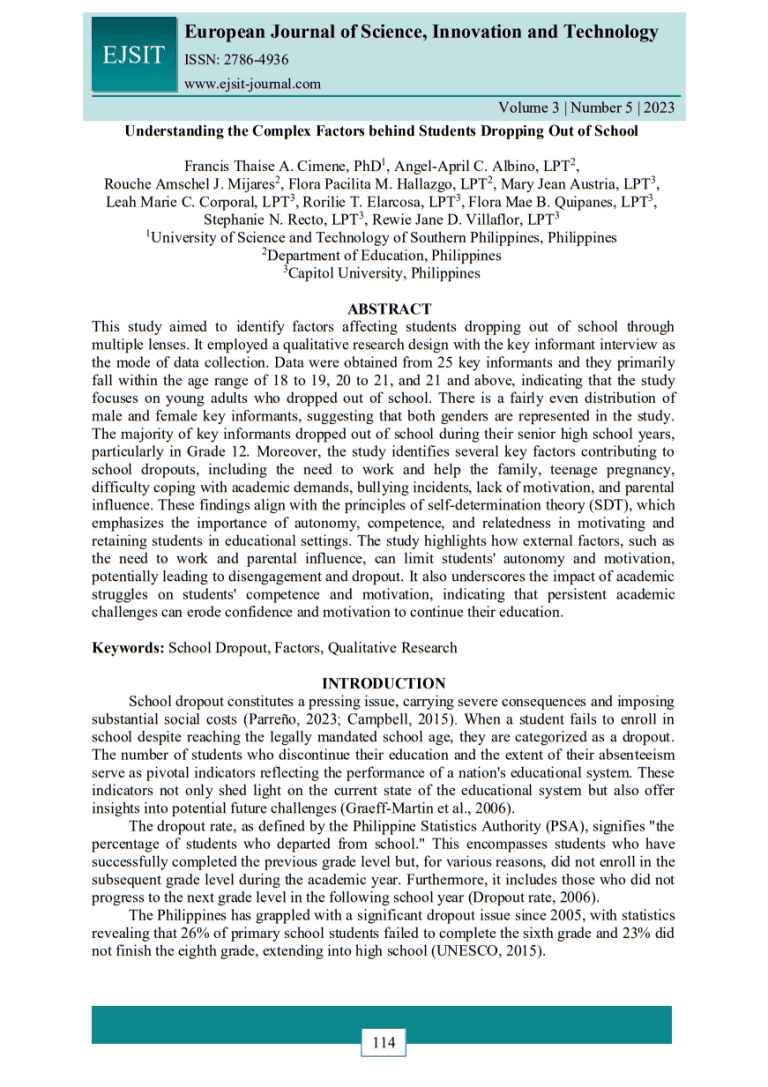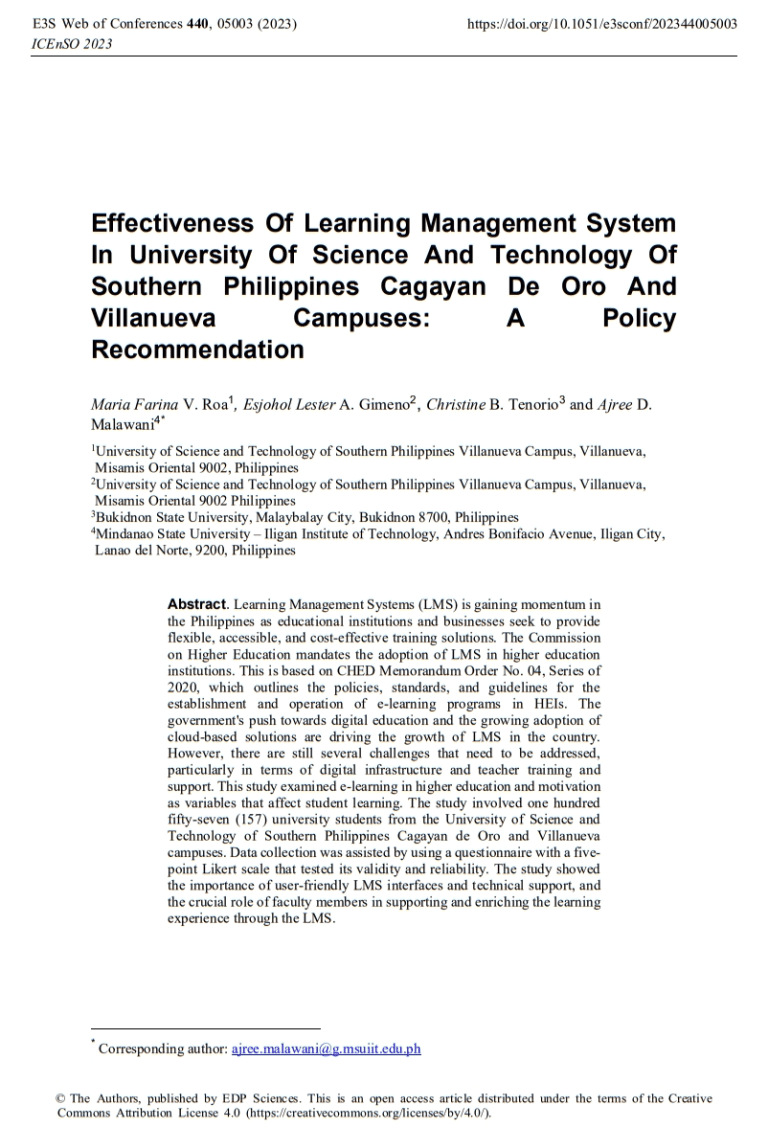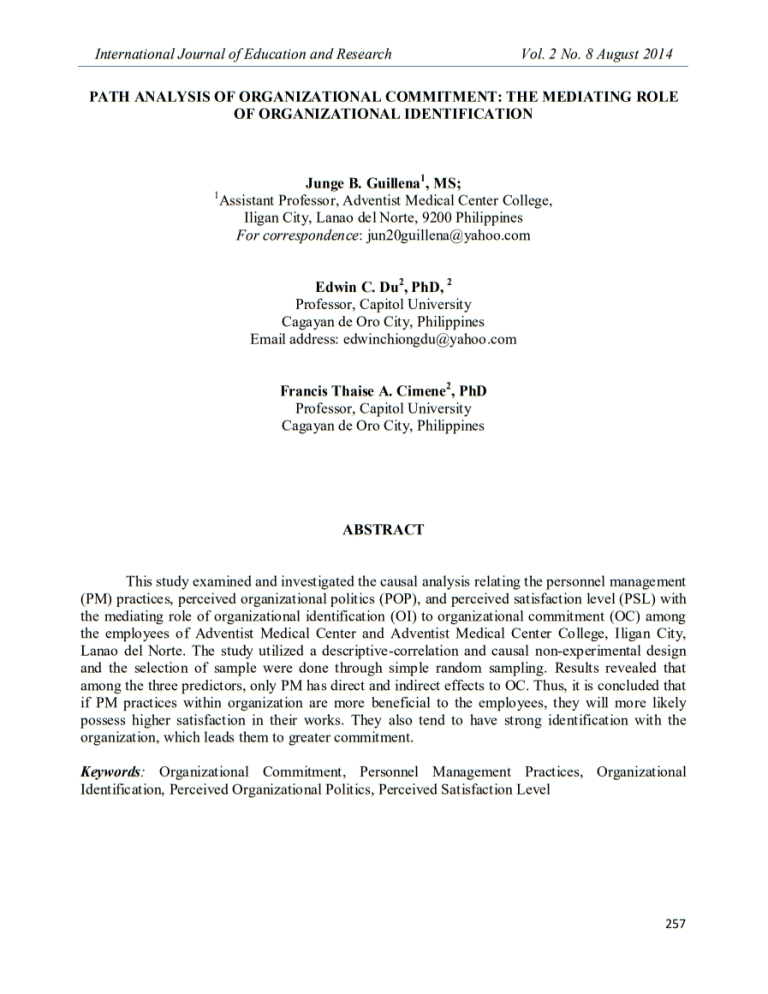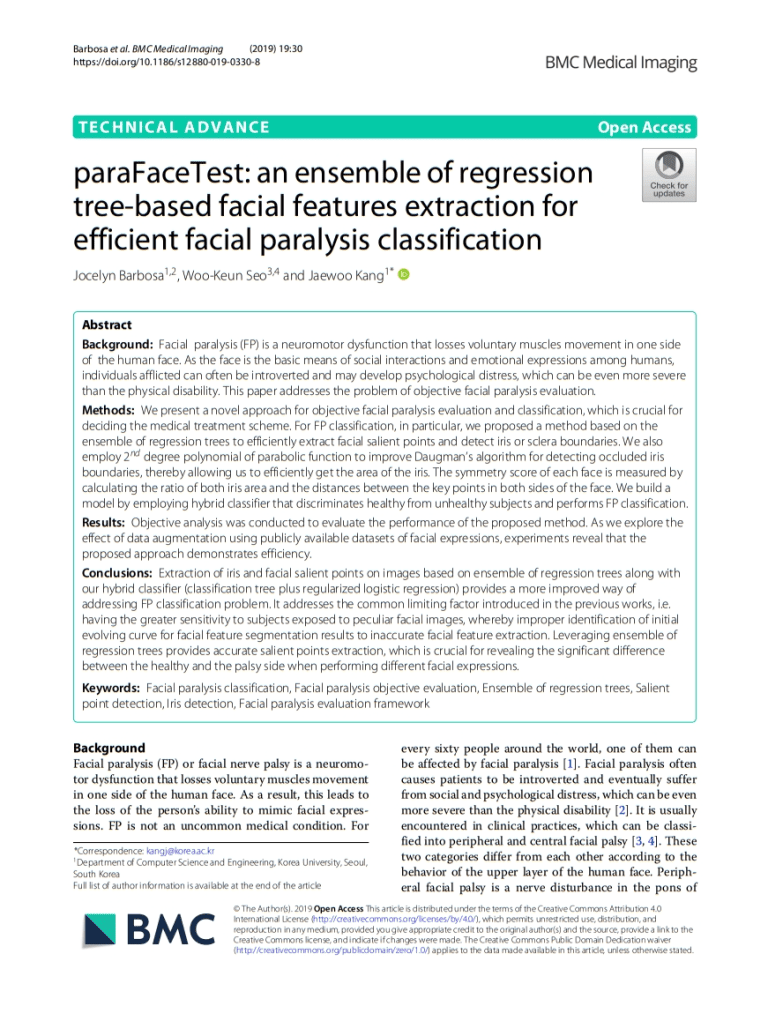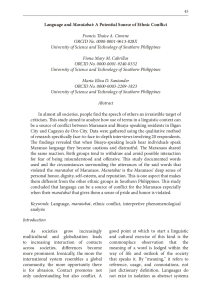

Published: Mar 23, 2019 | Updated: May 02, 2024
Language and Maratabat: A Potential Source of Ethnic Conflict
Authors: Dr. Francis Thaise Fiona Mary M. Cabrillos and Maria Eliza D. Santander ethnic conict, interpretive phenomenological analysis, Language, maratabatAbstract
In almost all societies, people find the speech of others an irresistible target of criticism. This study aimed to analyze how use of terms in a linguistic context can be a source of conflict between Maranaos and Bisaya-speaking residents in Iligan City and Cagayan de Oro City. Data were gathered using the qualitative method of research specifically face-to-face in-depth interviews involving 20 respondents. The findings revealed that when Bisaya-speaking locals hear individuals speak Maranao language they become cautious and distrustful. The Maranaos shared the same reaction. Both groups tend to withdraw and avoid possible interaction for fear of being misunderstood and offensive. This study documented words used and the circumstances surrounding the utterances of the said words that violated the maratabat of Maranaos. Maratabat is the Maranaos’ deep sense of personal honor, dignity, self-esteem, and reputation. This is one aspect that makes them different from the other ethnic groups in Southern Philippines. This study concluded that language can be a source of conflict for the Maranaos especially when their maratabat that gives them a sense of pride and honor is violated.






